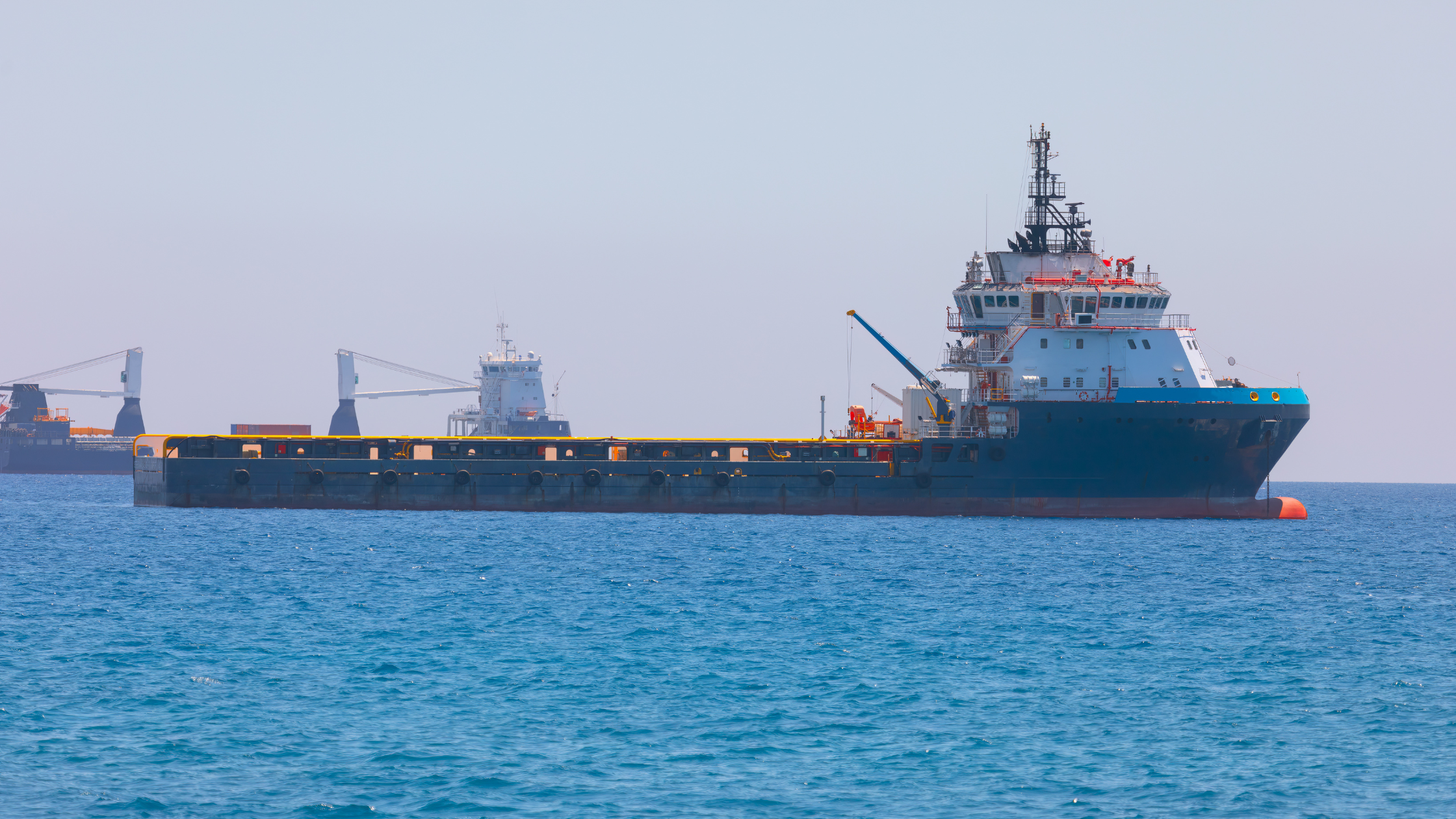Water is necessary for every living creature on Earth to survive. Almost all of human needs—such as those for food, fuel, clothes, and medicine—are met by it. Due to its scarcity, the United Arab Emirates’ freshwater resources are among the rarest in the world and are currently exhausted. There aren’t any permanent natural rivers or lakes. Rather, we live mostly off the rain that falls from the Hajar Mountains, which supplies water to the wadis and buried canyons throughout the year. Due to the depletion of natural sources, the Dubai fresh water supply is currently experiencing difficulties. Thirty years ago, freshwater came entirely from natural sources for our needs. Nowadays, the majority of our water comes from desalination.
This is partially due to the rapid rise in demand brought on by urbanization and population expansion. But there has also been a decline in availability because of things like altered weather patterns, low precipitation, high evaporation, excessive groundwater usage for farming, and maintenance of parks, gardens, and forests.
In response to the approaching scarcity of water, a multitude of desalination and dam construction projects have been implemented. Regretfully, these treatments also pose a risk to the environment. Dams have a negative effect on wildlife habitats because they disrupt the natural order and cause droughts. Desalination is an environmentally dangerous process that harms marine life and speeds up climate change.
This is a situation that no one can afford to take lightly if we are to preserve our way of life and protect the multitude of species that inhabit the area around our freshwater supplies.
The same holds true for Fujairah or Sharjah as well. Due to the depletion of natural water resources, they must rely on desalinated water. The freshwater supply Fujairah and Sharjah is comparable to that of Dubai and the other United Arab Emirates and immediate measures must be taken.
To find answers for this issue, the right steps must be taken.
Let’s examine the actions that have been done.
1. The Water Security Strategy for the UAE, 2036
It seeks to ensure sustainability and continuous availability of water in both ordinary situations and significant emergency situations.
With input from all the agencies and groups involved in the country’s water resources, the plan was created to cover every part of the water supply chain in the country. The strategy aims to:
Reduce the total demand for water resources by 21% in order to implement integrated water resources management.
It is recommended to increase the water production index to USD 110 per cubic meter.
Expand the nation’s capacity for storing water to ensure that everyone has equitable access to clean, reasonably priced drinking water.
Facilities for desalination
The United Arab Emirates has limited natural water resources. The actual technique for converting saltwater into potable water is called thermal desalination. Approximately 70 sizable desalination plants supply roughly 14% of the desalinated water used worldwide, and these plants account for 42% of the country’s current potable water needs.
The UAE lacks freshwater resources, so it needs to find a sustainable desalination solution to meet its long-term water needs. Connecting desalination systems to renewable energy sources is one way to solve the problem.
Most water used in the United Arab Emirates is desalinated, either using power-hungry reverse osmosis or electricity-generating multiple-effect distillation (MED) and multiple-stage flash distillation (MSF).
Summary
The Dubai fresh water supply is not only a concern now for UAE but the entire world as we are facing shortage in water. When we think of the future it looks scary and if not taken the right measures from now the entire world will have a very hard time with the scarcity of water.

